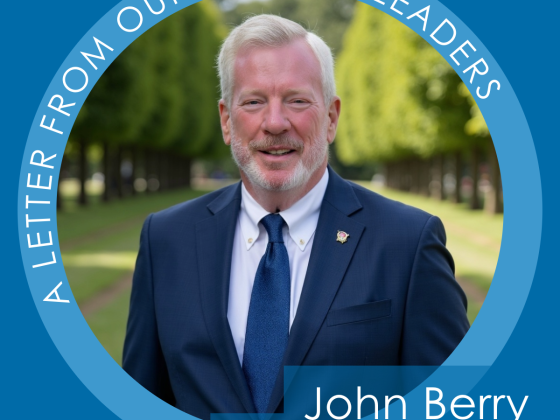As prominent Catholic theologian Kenny Rogers (just kidding) used to sing, “You got to know when to hold them, know when to fold them, know when to walk away, and know when to run.” That’s the lesson for all of us in our government — and some foundation — relationships. While some good examples certainly exist, many so-called funding partnerships result in exploitation, even if designed at first for the common good. We need to take another look at this relationship.
Government (local or federal) needs, or believes it needs, some service it is unwilling or unable to do by itself. Perhaps it is restricted from doing it by law or regulation. Maybe it doesn’t have the proper distribution resources, such as the reach into specific populations or communities. Lacking this startup money, talent or knowledge, it outsources work to the private sector including nonprofit organizations. And here is where it gets interesting and dangerous.
The for-profits say “Sure, we can do that for you. But to get it done right, we need some money for infrastructure and overhead, so much for marketing, and because we are a business, we need to make a little money, too.” In the contracting game, even the lowest bidder makes a profit, sometimes at the outset or later under “contract modifications” which invariably appear later.
Nonprofits, however, usually take a different approach. They humbly respond with “We really want to help the same people you do, so we will do what it takes to provide the service. We will prove how good we are by asking for little or even no overhead costs. We will give away some of our resources that we already paid for, and whenever possible, we’ll even use volunteers so you don’t need to pay us too much! Just pay us for our direct costs, even though we probably don’t know what they are.”
With this contracting approach, it’s no wonder why they are nonprofits. They don’t even try to make ends meet.
Government may not listen when the organization hits a snag that may cost more to provide the service. “That’s your problem,” they say, “just be more efficient.” Which sounds kind of funny, coming from the government.
To make matters worse, government may then try to run the nonprofit’s business. Beyond contract specifications which are fairly included up front, sometimes government will add that “if you take our money, you need to abide by these other rules, too.” The rules may be outside of our Catholic beliefs, or what employee benefits need to be provided. There may be added costs in the hiring process or in the audit reporting that aren’t covered in the contract language but are “understood” as a condition of doing the government’s work.
The for-profits do a better job of knowing know when to ask for more or when to quit. Many nonprofits simply accept whatever terms are thrown at them because they feel so vested in the program. They then raise money to support the contract work and its “extra costs” — in effect subsidizing the government!
Lockheed Martin doesn’t run bake sales. And neither should we.
There is a growing awareness of all this by the nonprofit sector. A first step is knowing when you’re the sucker. Yet many nonprofits haven’t yet gotten to a next step of demanding change, or ultimately walking away from a bad relationship. However, there is both hope and precedent. Years ago, some local United Way application requirements and performance measures got so out of hand — combined with fewer dollars promised in return — that many established member nonprofits walked away. We need to remember this lesson of self-respect.
As the Society of St. Vincent de Paul, we have some unique strengths when it comes to potential government/funder relationships. We have boots on the ground in the neighborhoods they want served. We have a distribution network of hundreds or thousands of Vincentians, other volunteers and staff as trusted friends with neighbors in need. We can leverage resources, not the least of which is knowledge regarding the poor, to bring to the table. We have effective relationships with landlords, utilities, food and other resources that will save the other party time and money to utilize.
As Vincentians we are humble in our work and values. We aren’t asking government or foundations to help us; we ask for others who have little or no voice. It’s not the time to be humble, but to be strong in our values and abilities to be compensated fairly for the work we are asked to perform. Otherwise, it’s time to walk away from bad contracts and bad funder relationships. We can do so respectfully, as is our nature, standing up for ourselves and our need for sustainability to benefit the poor.
Yours in Christ,
Dave Barringer
CEO



Dave, can you provide us with some examples of “Bad Contracts?” Thanks.